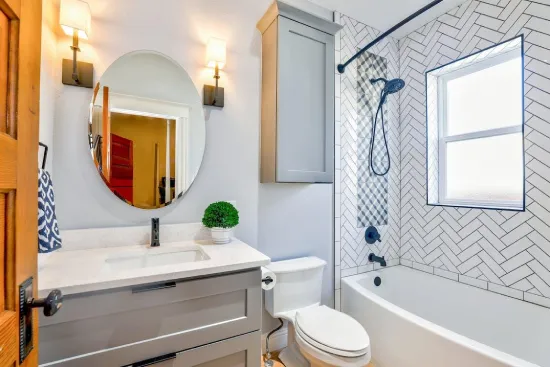Board’s Minimum Sales Price
When you are selling your co-op, the first thing you may have to consider is if your board has set minimum sales price restrictions. These restrictions are not explicit, but the boards can exercise and impose them by rejecting buyers for any units that are on the market at a price below what the co-op board considers appropriate.
The rationale behind it is that co-op boards do not want to lower the benchmark. If one (or more apartments) sell for what the co-op board considers a low price, it may steer the value of future sales down. This will lower the overall value of the co-op building, which may impact every resident/shareholder in the co-op.
One way to avoid it is to collect information on the sales price of comparable apartments in the same co-op building and work with an agent that has already worked with your co-op.
Comps
Once you have a general idea of how low is too low for your co-op boards, you can collect and identify information on comparable properties or comps to infer a relatively accurate asking price. The best comps are the ones that are recent and closely resemble your own co-op apartment in factors like building, amenities, neighborhood, size of the apartment, etc.
Comps from the same building are ideal since many of the variables are the same (neighborhood, amenities, maintenance fee, etc.). Co-ops in the same neighborhood with similar amenities, building conditions, and expenses are the next best thing, and you may adjust the price based on the differences between your co-op apartment and the comps.
Your agent can be instrumental in determining how much you should adjust your price for positive factors like in-unit washers/dryers and negative factors like an assessment expected to last for years. You can also get insights from how the city compares different buildings.
Market
Whether it’s a buyer’s market or a seller’s market influences multiple sales factors, including how long your apartment may sit on the market and its sales price. More demand than supply and bidding wards can help you inflate the co-op price (but to a reasonable level).
Make sure you don’t increase the asking price based on the bids from buyers that may have a higher chance of being rejected by the co-op board. Because you can’t lock in a buyer for your co-op without your board’s approval. Favorable factors like low-interest rates can also help you sell at your desired asking price.
Co-op’s Strengths and Weaknesses
It’s important to factor in the strengths and weaknesses of your particular apartment and the co-op building in general when deciding on an asking price. Marketing and conveying these strengths through your listing and direct interactions with potential buyers can help justify a price that may seem higher than the comps.
These strengths may include a gut renovation, a new bathroom, perfectly restored original features of a pre-war apartment, etc. Weaknesses typically come up during the negotiation phase, and you and your agent should be able to justify to the potential buyers that you have considered them when coming up with the asking price. This expands to the co-op building as well.










